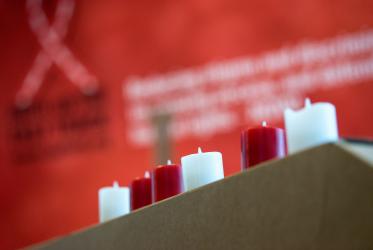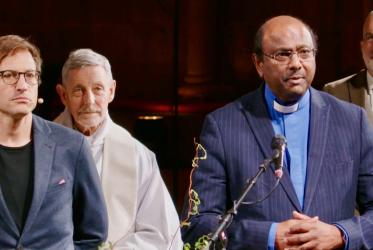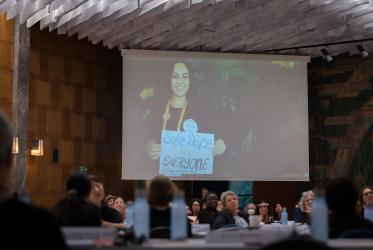*By Claus Grue
In a country now counting 100 million inhabitants, and where 2.5 percent are added annually, it is increasingly hard for the government to keep pace with the needs of its people. A growing influx of refugees, now adding up to around 4 million people, puts further strain on health care, schools and other services.
Egypt’s bustling capital Cairo, where 20 million people already live, has become a main destination for many newcomers from crises-ridden countries, such as Sudan, South Sudan, Somalia and Eritrea, as well as Syria, Iraq and Yemen.
“In this challenging environment, the work of non-governmental organisations is critical in order to ease the burden on public service institutions”, explains Dr Maged Moussa Yanny, general director of EpiscoCare, a Christian non-governmental organization for social services in Egypt, working under the umbrella of the Episcopal/Anglican diocese of Egypt.
Comprehensive programmes providing basic social services, such as health care and education, and helping refugees assimilate, are run by Refuge Egypt, which is a ministry of EpiscoCare. Its achievements so far are impressive. More than 30 thousand medical consultations were given in 2017. Antenatal care for pregnant women, malnutrition, tuberculosis and a HIV and AIDS management clinic providing HIV testing, antiretroviral treatment and treatment of infections associated with AIDS are areas where Refuge Egypt has made a difference.
“Up until 2002, the Ministry of Health didn’t pay attention to HIV prevention. People living with HIV faced high stigma and low public awareness about HIV and how it is transmitted. There was a serious lack of both care and antiretroviral medicine”, says Yanny.
Egypt’s high unemployment and poverty have added further to the challenges and stigma HIV-infected refugees face. Yanni sees the church as pivotal in easing their pain and he quotes Matthew 25:40 to explain it: “We are called to care for the foreigner, the poor and the sick in our midst”.
Refuge Egypt has partnered with other non-governmental organizations, international organizations, the health sector and other stakeholders in Egypt to address stigma and discrimination. In partnership with UNAID and UNHCR, it also advocates for refugees to have the same rights as Egyptians to free antiretroviral medication. Community seminars have been arranged to offer counselling and raise awareness of HIV and a pilot programme has been started to address the right to work and livelihood for people living with HIV. Dedicated women’s health clinics and community health training sessions are other popular initiatives.
“While our primary focus is on education, prevention and medical treatment, we desire to care holistically for those living with HIV, which means emotionally, socially, psychologically and spiritually”, Yanny explains.
He strongly emphasizes the value aspects of Refuge Egypt’s work, where love, forgiveness, tolerance, acceptance and human dignity are central.
“People living with HIV are some of the most stigmatized people in our society today, struggling to live fulfilling, self-sufficient lives. They have few job-opportunities and face shortages of antiretrovirals, on which their well-being depends”, Yanny points out.
To make matters worse, an increasing number of people are contracting HIV.
On 21 February, Yanny presented the work of Refuge Egypt and shared his vision and worries in a speech at a well-attended workshop in Geneva titled “HIV among migrants and refugees”. Faith-based organizations met with multi-lateral organizations, governments and civil society in addressing HIV risk, provision of services and advocacy.
“It is crystal clear that international organizations must keep supporting local organizations to serve refuges and migrants”, Yanni concludes.
Faith and HIV treatment go hand in hand (WCC press release of 6 March 2019)
Turning mercy and compassion into action (WCC press release of 4 March 2019)
“Join forces, work together” – WCC convenes workshop on HIV among migrants, refugees (WCC press release 20 February 2019)
WCC work on Migration and social justice
*Claus Grue is a communication consultant for the World Council of Churches








